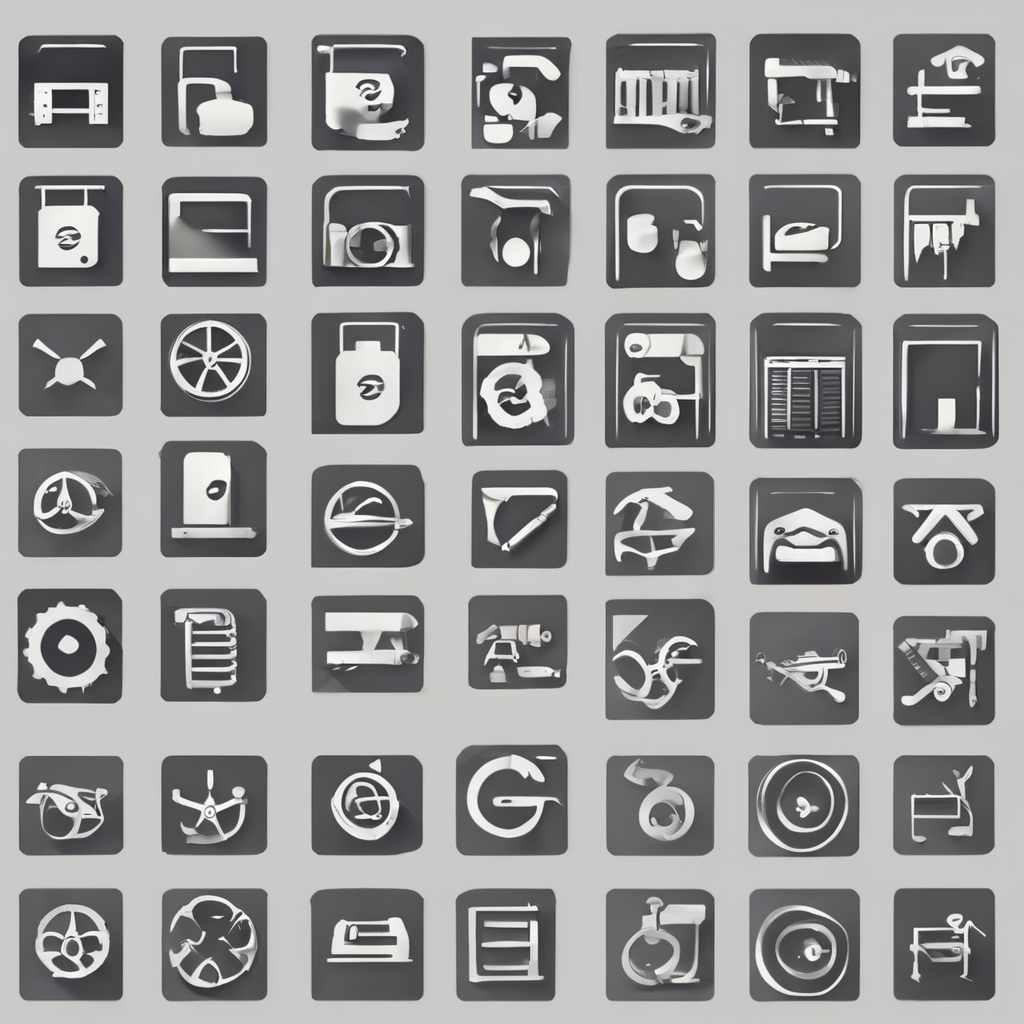Essential Steps to Prepare for the Euro 7 Emissions Standards
Preparing for the Euro 7 compliance checklist starts with understanding the scope and impact of the new standards. The Euro 7 emissions standards represent a significant tightening of limits on pollutants such as nitrogen oxides, particulate matter, and carbon monoxide, aiming to reduce environmental harm from vehicles. Preparation is crucial because non-compliance can lead to restrictions, fines, or the inability to register vehicles in the UK.
Identifying which vehicles are affected is a primary step in vehicle preparation. Euro 7 targets a wide range of vehicles, including passenger cars, light commercial vehicles, and heavy-duty trucks, but with stricter rules applying to newer models and those with higher emissions profiles. Importantly, owners and operators need to review their fleets or personal vehicles against the latest UK emission regulations, as certain vehicle categories may require immediate attention.
Also read : The Ultimate Guide to Selecting and Installing Vehicle Lighting in Compliance with UK Regulations
Key compliance deadlines form a roadmap for timely action. The implementation timeline is phased, with initial types of vehicles subjected to the rules first, followed by additional categories over subsequent years. This staged approach allows vehicle owners time to adapt. However, staying ahead by starting inspections and modifications early is recommended to avoid last-minute challenges and ensure full compliance by the regulatory cutoff dates.
Vehicle preparation completed according to the Euro 7 compliance checklist will involve coordinated efforts, including thorough evaluation of vehicles’ emission systems, understanding specific regulatory requirements based on vehicle type, and planning upgrades or replacements necessary to meet new standards. The evolving nature of UK emission regulations means that continuous monitoring and timely responses are essential elements of successful compliance.
Also to discover : Mastering UK Company Car Fleet Management: Your Comprehensive Roadmap to Logistics Excellence
Conducting Comprehensive Vehicle Inspections
A thorough vehicle inspection Euro 7 is central to effective vehicle preparation under the new standards. Inspections must focus on emissions-critical components such as the catalytic converter, particulate filters, and oxygen sensors, ensuring these parts function within required limits. Careful examination can reveal degraded components that might cause a vehicle to emit pollutants beyond the Euro 7 thresholds.
Are emissions system checks different under Euro 7 compared to previous regulations? Yes, they are more stringent and encompass additional pollutants with lower allowable limits. This means that even small inefficiencies or malfunctions can result in non-compliance. Thus, emissions system checks should cover both hardware performance and software calibration, verifying that onboard diagnostics accurately monitor emissions in real time.
Ensuring existing MOT and emissions records are current and comprehensive is a critical step. The MOT guidelines now increasingly align with UK emission regulations, demanding that documentation reflects compliance with tighter emission limits. Maintaining up-to-date records facilitates smoother approval during inspection and helps avoid last-minute modifications.
When should vehicle owners consider a professional assessment by a certified mechanic? If initial inspections indicate part degradation or if the vehicle’s emission records are incomplete, consulting specialists becomes necessary. Certified mechanics possess the expertise to conduct detailed diagnostics and recommend precise upgrades. This professional input helps align vehicle preparation with the complex requirements of the Euro 7 compliance checklist.
In summary, meticulous vehicle inspection Euro 7 combining component checks, record verification, and timely expert consultation forms the backbone of successful compliance and ensures vehicles meet the evolving UK emission regulations efficiently.
Upgrades and Modifications Required for Euro 7 Compliance
Upgrading vehicles to meet the Euro 7 compliance checklist often involves critical vehicle upgrades Euro 7 targeting emissions control systems. Older vehicles may require retrofit options such as advanced particulate filters or improved catalytic converters to reduce nitrogen oxides and particulate matter within the stricter Euro 7 limits. Retrofit solutions vary depending on vehicle age, type, and original design, making careful evaluation essential to determine feasibility and cost-effectiveness.
Exhaust after-treatment systems must be enhanced or replaced to comply fully with the new standards. This includes installing state-of-the-art exhaust after-treatment technologies like selective catalytic reduction (SCR) units or diesel particulate filters equipped with sensors that provide real-time emissions data. Additionally, software upgrades play a pivotal role, ensuring engine management systems optimize fuel injection and combustion processes while precisely controlling emission outputs. Updated software also allows onboard diagnostic systems to better detect and report emissions faults, aligning with the tightening UK emission regulations.
Sourcing certified parts is a non-negotiable step in the compliance process. Utilizing certified parts and trusted installers guarantees that vehicle modifications meet legal and performance standards. Certified components undergo rigorous testing and approval, offering reliability and reducing the risk of non-compliance. Vehicle owners should seek installers accredited by manufacturers or recognized industry bodies to avoid substandard retrofits that may fail under Euro 7 inspections.
In conclusion, a successful vehicle preparation strategy includes evaluating retrofit options for older vehicles, implementing necessary exhaust and software upgrades, and prioritizing the use of certified parts installed by professionals. This pathway ensures adherence to the Euro 7 compliance checklist and smooth navigation of evolving UK emission regulations.
Planning for Costs, Documentation, and Official Approval
Preparing for the Euro 7 compliance checklist requires careful consideration of associated costs. Vehicle owners and fleet operators should begin by estimating expenses related to inspections, vehicle upgrades Euro 7, and possible retrofitting. Costs vary significantly depending on factors such as vehicle age, type, and the complexity of required modifications. Budgeting ahead prevents unexpected financial burdens and facilitates smoother compliance.
Accurate and thorough compliance documentation is essential for proving adherence to the new standards. This includes detailed records of vehicle inspections, receipts for parts replacements, and certificates from certified installers. Maintaining a well-organized archive not only supports regulatory audits but also simplifies the registration process under updated UK emission regulations. Owners should ensure all documents explicitly reference Euro 7 compliance to avoid ambiguities.
Navigating official approvals involves engaging with relevant government bodies overseeing UK emission regulations. Vehicle owners must submit evidence of compliance through established channels, which may include online portals or physical offices. Staying informed about procedural updates issued by authorities is crucial; these resources often provide guidance on required documentation formats and timelines for submission.
In summary, efficiently managing Euro 7 costs alongside meticulous record-keeping and proactive interaction with government resources streamlines the path through the approval process. Such diligent planning is vital to meet the rigorous demands of the new emission standards without operational disruptions.
Practical Tips and Best Practices for Motorists, Mechanics, and Fleet Operators
Effective Euro 7 preparation tips start with consistent maintenance practices tailored to meet the stricter standards. Regular servicing of emissions-critical parts such as catalytic converters and particulate filters ensures these components function optimally, preventing elevated pollutant output. Timely replacement of worn sensors or faulty components reduces the risk of breaches in the UK emission regulations while extending vehicle life.
Fleet managers play a key role by implementing strategic fleet compliance strategies. Central to this is maintaining detailed records for all vehicles, tracking inspections, upgrades, and repairs aligned with the Euro 7 compliance checklist. Utilizing fleet management software can streamline scheduling maintenance and aggregate emissions data for easier reporting. Coordinated bulk actions like simultaneous retrofits or software updates reduce downtime and lower overall compliance costs.
Staying informed about ongoing regulatory changes is vital. Mechanics and fleet operators should subscribe to official updates to monitor future amendments in UK emission regulations. Awareness enables proactive adjustments to vehicle preparation routines before new rules become mandatory. Additional training for mechanics on emerging Euro 7 technologies enhances diagnostic accuracy and upgrade quality, fostering smoother compliance.
In essence, adopting routine maintenance, organised fleet oversight, and continuous education are practical steps that safeguard compliance, mitigate expenses, and support the long-term success of vehicles under Euro 7 standards.


